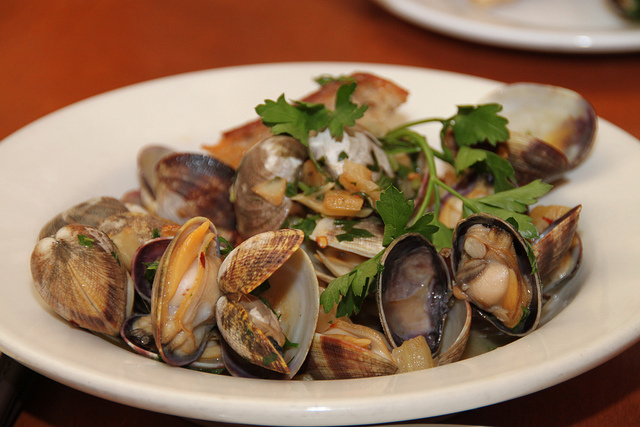Feeling weak and tired, with muscle cramps and constipation? Are you depressed or having trouble falling and staying asleep? If so, you may have low potassium levels – or hypokalemia. The fatigue associated with hypokalemia often mimics iron deficient anemia. While its rare to experience these symptoms solely by not getting enough potassium in your diet, it’s crucial to ensure you’re getting enough of this necessary mineral.
The Importance of Potassium
Potassium is essential for our cells, tissues and organs to stay vital and functioning properly. As an electrolyte, it is responsible for helping our bodies conduct electricity, and plays a role – along with magnesium and sodium, in helping us maintain optimal energy levels. Maintaining potassium levels is critical for heart health, muscle contraction and rhythm, and helps the body digest food properly. Those with hypokalemia are at risk of developing high blood pressure, osteoporosis, stroke, and IBS.
Consider this: Western diets are typically too high in sodium and too low in potassium. Getting your daily recommendation of potassium, 4,700mg can reduce your chances of having a stoke by 21%.
Low Potassium: Who Is At Risk?
We all need to make sure we are getting enough potassium in our diets, but some people are at a higher risk of developing hypokalemia. Those who use diuretics – prescription water or fluid pills – are especially high risk, as are people who exercise or work outdoors in warm weather. Other risk factors include:
- Chronic Kidney Disease
- Regular laxative use
- Alcohol abuse
- Excessive Sweating
- Diarrhea and vomiting episodes
- Some antibiotics
Diet for Potassium Deficiency
If your doctor performs tests that show your potassium levels are low, it may be recommended that you take a potassium supplement. For most of us, however, eating a diet rich in fruits and vegetables and some seafood, can help keep our potassium levels healthy. Never take potassium supplements without your doctor’s permission. Too much potassium in your body can cause hyperkalemia, a potentially dangerous condition.
Remember: Sodium-rich diets can deplete the body of potassium. Check your diet to make sure you are not going over the USDA’s daily recommendation for sodium.
Top Potassium Rich Foods
Load your shopping cart up with these items next time you’re at the grocery store. Always choose organic fruits and veggies, wild caught fish and free-range meats, void of antibiotics.
Potatoes

Spuds of any kind are an excellent source of potassium. In fact, one sweet potato contains about 694 mg of potassium.
Tomatoes
Depending on how you use them, a serving of tomatoes can have anywhere from 574 mg to 1,800 mg potassium – that’s about one cup of sun dried tomatoes.
Beans
Legumes of all sorts are high in potassium. A cup of green beans has about 600 mg of potassium.
Dried Fruit
Consider snacking on dried apricots, apples or pears. A cup of dried fruits has up to 1,500 mg of potassium. Avoid dried fruits containing sulfites, which are frequently used as a preservative.
Dark Leafy Greens
Swiss chard and spinach are especially high in potassium – a cup of cooked spinach has about 839 mg of potassium. Kale and collard greens are also great choices.
Seafood, Deep-Sea Fish, and Salmon
Clams, as an example, have about 1,193 mg of potassium per serving (approx. 20 small clams). Toss them in some gluten-free pasta with chopped greens for a potassium rich dish.
Most seafood, deep-sea fish, and salmon have similar healthy amounts of potassium.
Yogurt
8oz of lowfat yogurt has about 531 mg of potassium making it an excellent snack option.
—
Photo credits:








